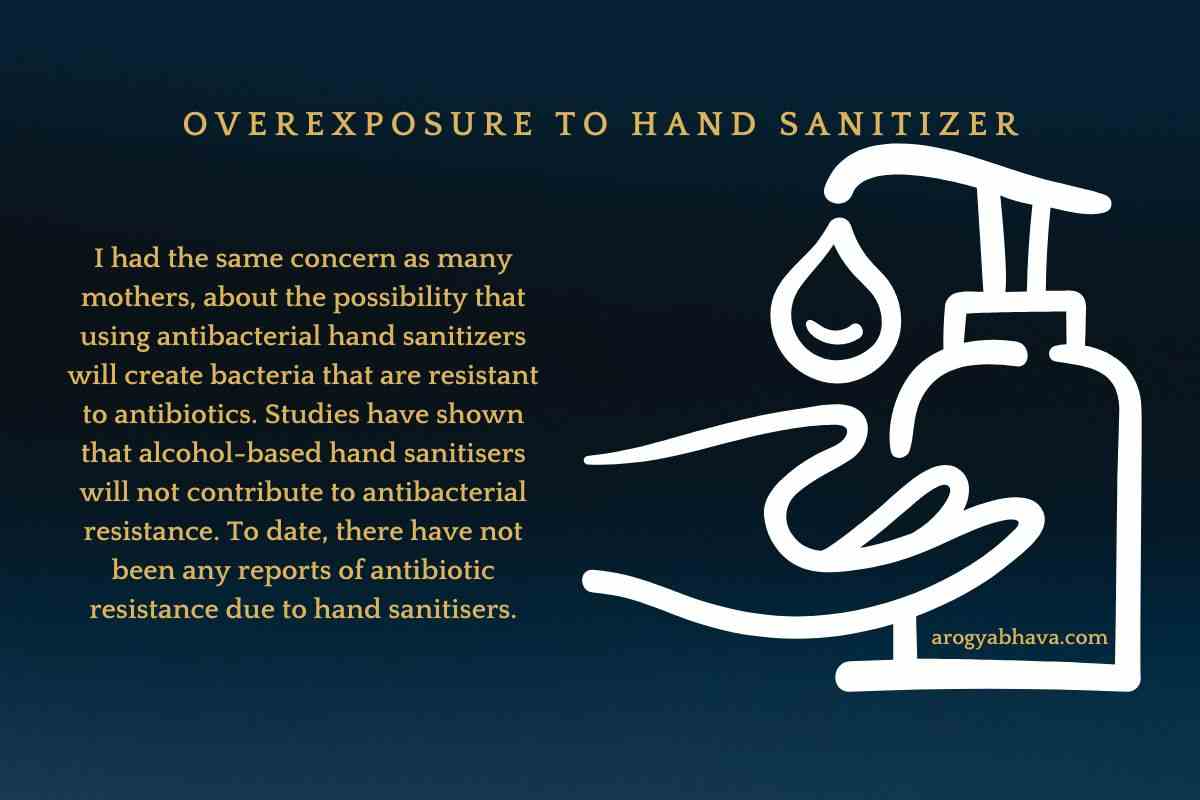Hand Sanitizers: Overexposure Of Hand Sanitizer To Children

Hand Sanitizers: I’ve discussed this issue with friends in my Mamas Club. We all want to do the right thing for our children, and while we know that hand washing is the best weapon we have to fight the spread of germs and infections, there has been great debate over whether soap is effective enough or if we should use hand sanitizers.
I have been using a combination with my toddler. We wash hands with soap and water whenever possible but I carry hand sanitiser for times when I know her hands are dirty and likely to go into her mouth before we’ll have an opportunity to wash. I had the same concern as many mothers, about the possibility that using antibacterial hand sanitizers will create bacteria that are resistant to antibiotics.
Hand Sanitizers
Hand Sanitizers use alcohol to deactivate bacteria and viruses without using antibiotics. The types of alcohols, usually ethanol, isopropanol, or n-propanol are more effective at killing microbes than soap, even antibacterial soap. Because the alcohol evaporates quickly off the skin, bacteria and viruses are not exposed to it for very long.
Antibiotic Resistance
Whenever bacteria are exposed to antibiotics, some die and others are unaffected. The ones that are resistant are then able to multiply. Once they have developed a resistance, bacteria become harder and sometimes impossible to treat. Hand sanitisers don’t contain any antibiotics so even if the bacteria were to develop resistance to the alcohols found in hand sanitizers, that wouldn’t have any bearing on the effectiveness of antibiotics.
Studies have shown that alcohol-based hand sanitisers will not contribute to antibacterial resistance. To date, there have not been any reports of antibiotic resistance due to hand sanitisers.
Read Also: 7 Weird Ways to Stay Healthy
Effective Hand Washing
I have taught my toddler to wash while reciting the alphabet. This makes washing up a little more fun and also ensures that she spends enough time with soap and water to kill any bacteria and viruses on her hands. I worked in food service for years and became a little compulsive about hand washing because I prepared and cooked food in front of the guests and wanted them to see the measures I was taking to keep them safe from foodborne pathogens. I once smacked a friend of mine who was helping me in the galley when she tasted something we were preparing by sticking her finger in it, licking it, and then was about to go in for a second taste!
I don’t consider myself a germophobe and I’m not a compulsive housekeeper so I feel satisfied that my child has been exposed to plenty of germs, bacteria, and viruses in her two years to allow her immune system to properly develop. So far, she shows no signs of allergies, which are another concern to parents and have been linked to sanitisers containing triclosan. I know it’s impossible to shield her from exposure to all chemicals, but I do try to reduce the risk wherever possible by looking for more natural products like those by Burt’s Bees.
Also Read: Secrets To Healthy Eating At Home